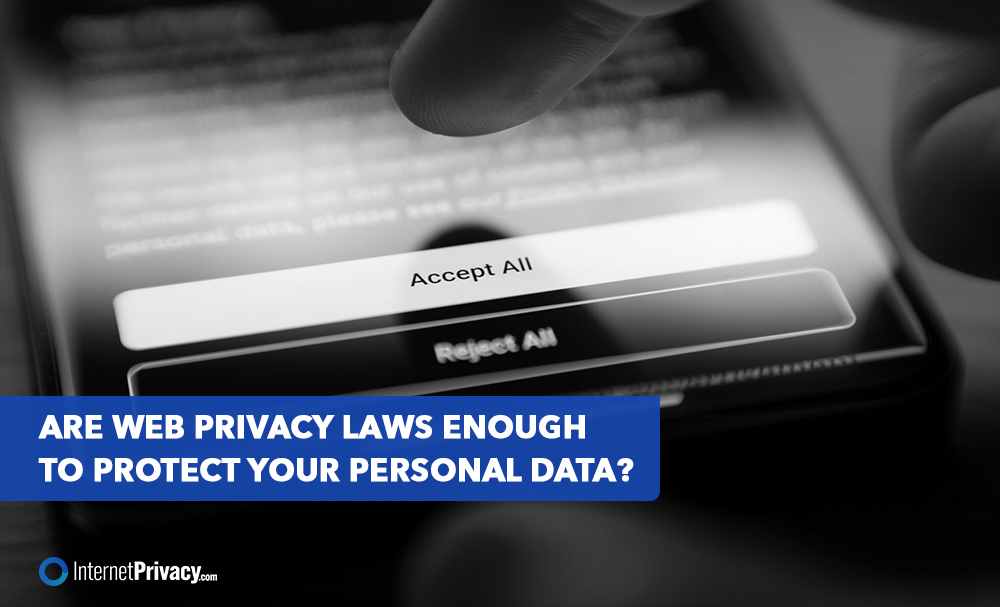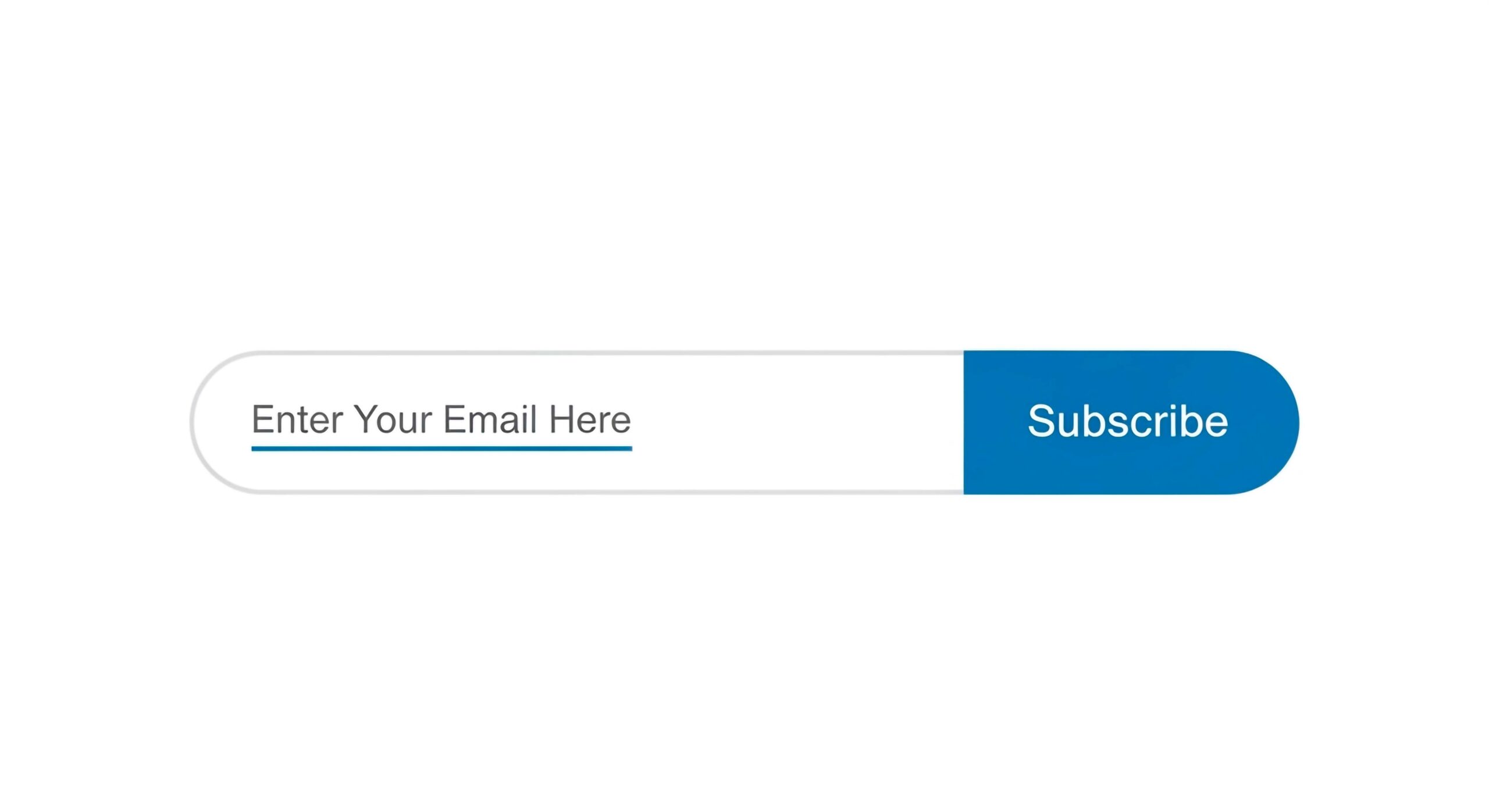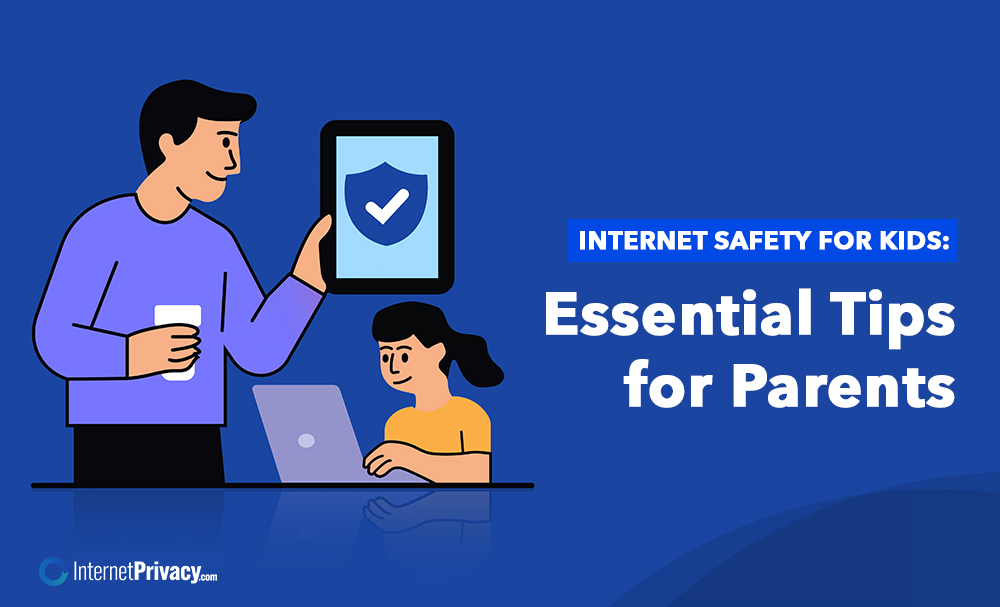Are Web Privacy Laws Enough to Protect Your Personal Data?

Online activity is woven into the fabric of our daily lives, making it essential to grasp the intricacies of web privacy laws to safeguard our personal data. As information flows freely across the internet, individuals must be vigilant about the regulations designed to protect their privacy and personal data collected online.
What Are Web Privacy Laws?
Web privacy laws are like the guardians of our online environment, ensuring that personal data remains safe and privacy rights are respected during online interactions. These comprehensive data privacy laws dictate how organizations collect, process, and share personal information, mandating transparency and consent from individuals. They are the unsung heroes that protect consumers from the misuse of their data.
As technology continues to evolve, so do the risks to our personal privacy. To combat these challenges, laws such as the EU’s General Data Protection Regulation (GDPR) have been introduced, ensuring that data is handled with the utmost integrity and security.
Why Are Web Privacy Laws Important?
In our increasingly digital environment, web privacy laws are the bedrock for controlling personal data. They provide a clear framework for data collection and processing, fostering trust between businesses and consumers. By holding organizations accountable, these laws ensure that personal information is managed securely and responsibly.
Beyond mere compliance, web privacy laws act as a shield for individual rights. Without them, we would face a higher risk of privacy violations, such as identity theft or unwanted surveillance. These laws are not just legal jargon; they are crucial for protecting the essence of our digital identities.
- Promoting Consumer Trust: When users know their data is safe, they are more likely to engage with online services and share their information without fear.
- Enhancing Data Security: These laws require businesses to implement robust security measures, significantly reducing the risk of data breaches that could compromise personal data.
- Minimizing Privacy Risks: Clear regulations empower individuals to control their data, reducing the chances of misuse and ensuring their privacy protection.
In essence, well-enforced web privacy laws benefit both individuals and businesses, fostering trust and paving the way for innovation.
Key Web Privacy Laws
Several major regulations are in place to protect personal data across different regions, each playing a vital role in the global privacy framework. These include the GDPR, the California Consumer Privacy Act (CCPA), and specific laws like COPPA (Children’s Online Privacy Protection Act) and HIPAA (Health Insurance Portability and Accountability Act).
General Data Protection Regulation (GDPR)
Enacted in 2018, the GDPR is one of the most comprehensive data protection laws worldwide. It strengthens individuals’ rights over their personal data by requiring companies to obtain explicit consent before collecting information. Furthermore, it demands transparency in data handling and enforces stringent security measures to prevent breaches.
Key features of the GDPR include:
- Data Minimization: Only the necessary personal data should be collected, ensuring that data processing is efficient and respectful of privacy.
- User Rights: Individuals have the right to access, rectify, and delete their data, empowering them to take control of their digital footprint.
- Supervisory Authorities: Independent bodies enforce compliance within EU member states, ensuring that organizations adhere to the highest data protection standards.
By promoting accountability, the GDPR fosters trust and sets a high standard for data protection, serving as a model for other comprehensive data privacy legislation.
California Consumer Privacy Act (CCPA)
Effective from 2020, the CCPA gives California residents more control over their personal data. It provides rights to access, delete, and opt out of data sharing, with significant implications for businesses operating in California. The CCPA shares similarities with the GDPR but is tailored to the unique characteristics of the U.S. market. It ensures that businesses are transparent about the data they collect and empowers consumers to manage their privacy.
Children’s Online Privacy Protection Act (COPPA)
Established in 1998, COPPA protects children under 13 by regulating the collection of their personal information online. The law requires websites aimed at children to obtain parental consent before gathering data, ensuring a safer online environment for minors and safeguarding sensitive data.
Health Insurance Portability and Accountability Act (HIPAA)
HIPAA governs the protection of patient data in the healthcare industry. It mandates strict safeguards to ensure the privacy and security of personal health information (PHI) while granting patients specific rights regarding their health data. This act is a cornerstone of data protection in the healthcare sector.
Are Web Privacy Laws Enough to Protect Personal Data?
Despite the efforts made by privacy laws like the GDPR and CCPA, challenges remain. Technology continues to advance, often outpacing legal frameworks. As a result, gaps in protection and enforcement can leave personal data vulnerable.
Limited Scope of Protection
Many privacy laws don’t apply universally across industries, leading to inconsistencies in data protection practices. Some sectors, like healthcare, have strong regulations (HIPAA), but other industries, like e-commerce, may not have the same level of safeguards. Additionally, definitions of personal data can vary, causing confusion about what’s protected.
Lack of Enforcement
Effective enforcement is crucial for privacy laws to work. However, the slow pace of regulatory action and lack of resources for enforcement bodies can undermine the effectiveness of these laws. High-profile data breaches, like the Equifax breach, highlight the gaps in enforcement, where non-compliant companies face few penalties.
Loopholes and Exemptions
Many privacy laws contain loopholes that allow companies to bypass certain obligations. For example, businesses can often exploit ambiguous definitions of terms like “anonymization” or use complex consent mechanisms that confuse users. These practices erode trust and create an environment where data misuse is more likely.
Consequences of Insufficient Web Privacy Laws
The absence of robust privacy laws can have serious consequences for individuals and society, leading to data breaches, identity theft, and manipulative advertising practices.
Data Breaches
Data breaches are a major consequence of inadequate privacy laws. When organizations fail to secure personal data, it becomes vulnerable to theft or unauthorized access. Data breaches have wide-ranging effects, from financial losses to long-term damage to an organization’s reputation.
Identity Theft
Weak privacy laws also contribute to the rise of identity theft. Personal information exposed in data breaches can be used to commit fraud, affecting victims’ finances and personal lives. Robust privacy protections can reduce the risk of such incidents.
Targeted Advertising and Manipulation
When privacy laws fail to regulate how personal data is used, companies can exploit it for targeted advertising, often without proper consent. This leads to a loss of privacy and autonomy and can even manipulate consumer behavior without their knowledge.
What Can Individuals Do to Protect Their Data?
While privacy laws provide some protection, individuals must also take proactive steps to safeguard their data.
Read Privacy Policies
Before using online services, always review the privacy policies to understand how your data will be collected, used, and protected. These documents explain your rights and the company’s obligations, helping you make informed decisions about your online activities.
Use Privacy Tools
Privacy tools, such as VPNs, ad blockers, and encryption software, can help secure your online activity. A VPN encrypts your internet traffic, while ad blockers prevent advertisers from collecting data. Encryption tools protect sensitive files and communications.
Limit Your Online Presence
Minimizing the amount of personal information shared online reduces the risk of data breaches. Adjust privacy settings on social media, avoid oversharing, and be mindful of the data you provide to websites and apps.
Hire Professional Help
Consider hiring professional help from services like InternetPrivacy.com to ensure comprehensive protection of your personal data. These experts can offer tailored solutions and guidance to enhance your online privacy and help you navigate complex privacy settings and regulations.
Conclusion
Web privacy laws play a crucial role in protecting personal data in an increasingly connected environment. While they provide important safeguards, ongoing challenges in enforcement, loopholes, and the rapid pace of technological advancement highlight the need for continued progress in privacy regulation. By staying informed and using privacy tools, individuals can take charge of their data and protect themselves.





